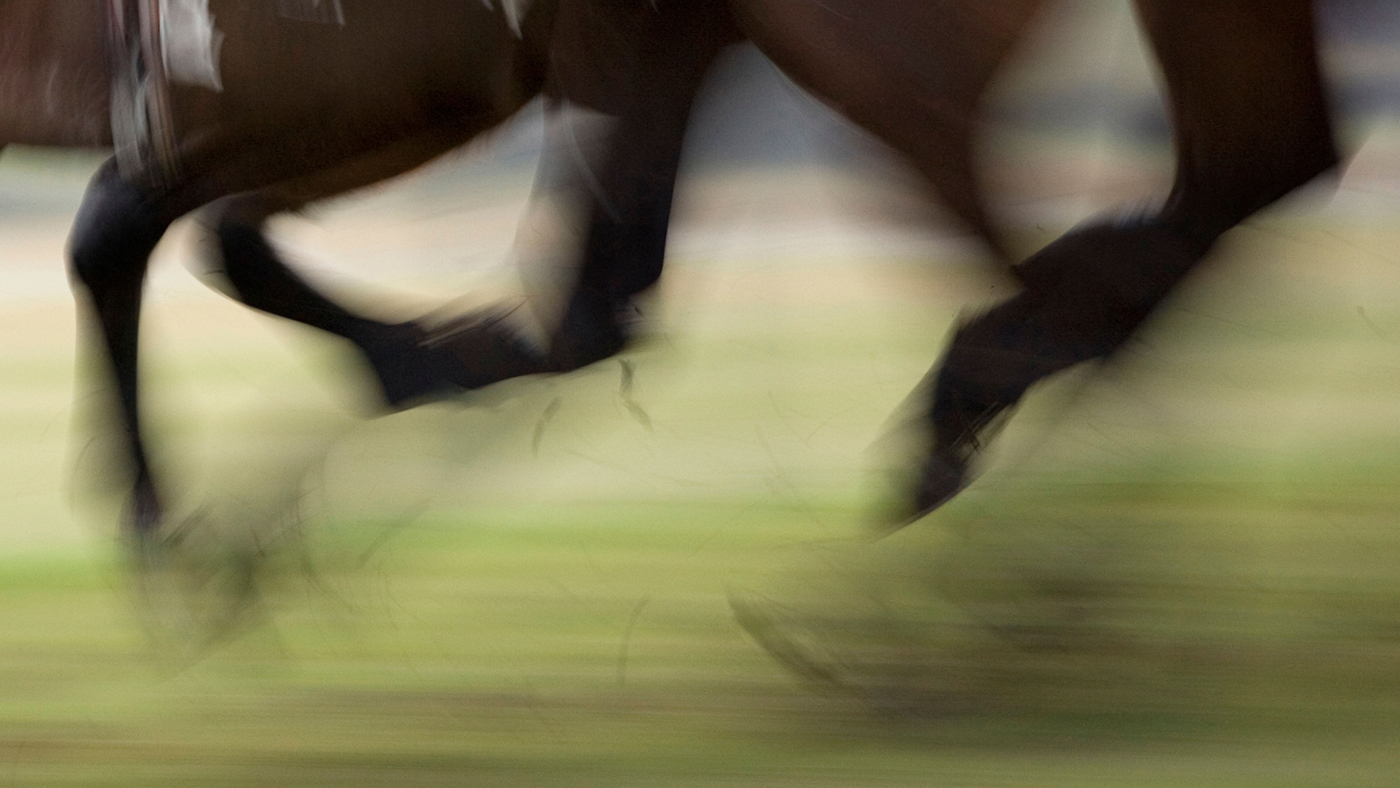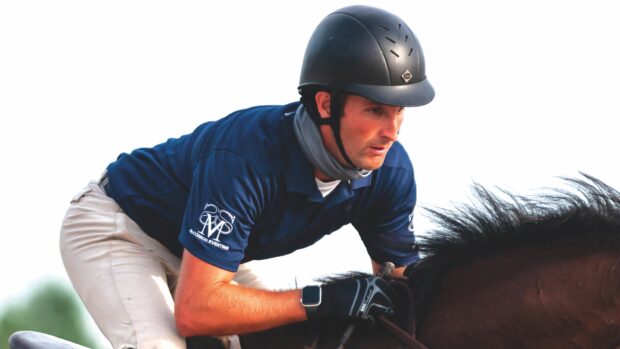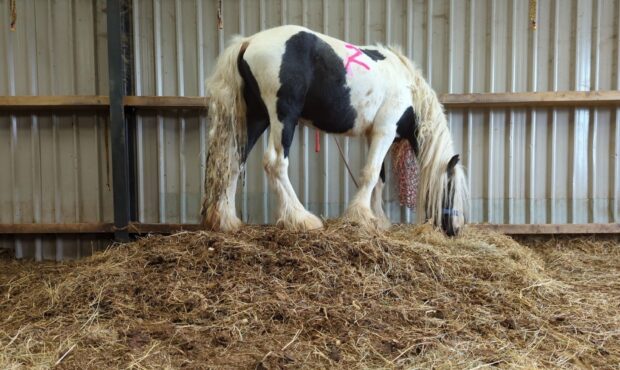Advances in technology promise to improve horse welfare and traceability as the equestrian world moves into the digital age.
Knowing where horses are and what happens to them throughout their lives has always been inseparable from equine welfare, and traceability is in the spotlight more than ever before. Brexit travel implications, the Covid pandemic and equine herpes virus (EHV) outbreaks, plus concerning allegations raised in Panorama (news, 29 July) have heightened awareness as to why traceability is key.
The FEI’s HorseApp, Weatherbys ePassport and EquiTrace are among the latest developments improving how horses’ movements and health are monitored from paper-based systems.
From this year, all thoroughbred foals born in Britain and Ireland will be issued with a Weatherbys ePassport. In a nutshell, this is a secure place to keep all legally required details. Its vaccination and horse location records were already in use, prior to the full official launch in July, to track breeding stock and support British and Irish authorities with their pandemic “return to racing” protocols.
Weatherbys chief executive Russell Ferris told H&H that the ePassport’s launch “couldn’t be more timely”.
“Equine welfare is quite rightly the priority for anyone involved with horses and the ePassport gives them the mechanism to manage everything relating to equine identification, health, welfare, movement and ownership through a simple-to-use single, secure platform,” he said.
“As if the welfare benefits brought by the Weatherbys ePassport were not enough, many in the equine world are also looking to the ePassport to ease European horse movement post-Brexit – particularly when it comes to interoperability between it and Government systems. As many in the equine world have said, the importance of the ePassport cannot be overstated.”
The FEI updated its HorseApp in April, to monitor horse health and movements and help with a safe return to sport following EHV-1 outbreaks. This means grooms, riders and owners can easily check horses in and out from venues and upload any other health information, as required.
“[The FEI HorseApp] is a key element in ensuring a safe return to competition today and in minimising the impact of a disease outbreak in future,” said FEI veterinary director Göran Åkerström at the time.
‘What isn’t measured, isn’t done’
“Our mission is to get horse identification and health care into the digital age,” EquiTrace app co-founder and vet Jennifer Corley told H&H.
The subscription app, on which more than 19,500 horses are registered, works by securely storing a horse’s ID, location, health and medical records. Information can only be added to a horse’s record when his microchip is scanned, at which point his GPS location is also updated. It is compatible with any microchip, works with or without signal and means a groom can update the app and the horse’s owner, trainer and vets have access to up-to-date records from anywhere in the world.
“Covid has taught us all this: if you get an infectious disease, like herpes, like influenza, the first thing you have to do is trace all those movements, and yet [people aren’t] keeping those records because it’s just impossible with the current solutions,” said Ms Corley.
EquiTrace has a function to turn on alerts for medication and vaccination reminders, plus withdrawal times, and drug barcodes can be scanned by the app, so details and batch numbers are accurately recorded. This saves admin time, and also means it can be used by anyone, so literacy is not a barrier.
“The health record is linked to the microchip, so essentially the horse’s medical records can never be lost, they’re always with the animal,” she said, adding that this function could benefit all kinds of scenarios where a horse and the owner are in different places, from emergency vet visits to loaning or rehoming.
“At the moment when you rehome an animal, there’s almost no way to check up on that animal without physically going out to visit,” she said.
“Even [for a charity] just going through your list to call every single rehomed animal is going to be almost impossible. You could ask somebody who’s rehoming an animal to take a scanner, and then you have complete control on whatever you want to check up on. You could say, ‘I want the animal vaccinated once a year,’ and then we can set the system so it creates a list of anyone who’s not complying.”
She added: “Whatever we do to improve horse welfare, what isn’t measured isn’t done. And we have to have a way to easily communicate, from the people on the ground who are looking after the horses, to these organisations who are responsible for their welfare – and it has to be simple.”
All apps are available from the Apple and Android stores.
You might also be interested in:

Subscribe to Horse & Hound magazine today – and enjoy unlimited website access all year round

Racing leaders meet to discuss issues raised in BBC’s Panorama investigation

New schemes to improve traceability of racehorses *H&H Plus*

‘A life well lived’: new welfare strategy to protect racehorses from birth to death

First digital passport issued to foal as equestrian world embraces technology
Horse & Hound magazine, out every Thursday, is packed with all the latest news and reports, as well as interviews, specials, nostalgia, vet and training advice. Find how you can enjoy the magazine delivered to your door every week, plus options to upgrade your subscription to access our online service that brings you breaking news and reports as well as other benefits.




